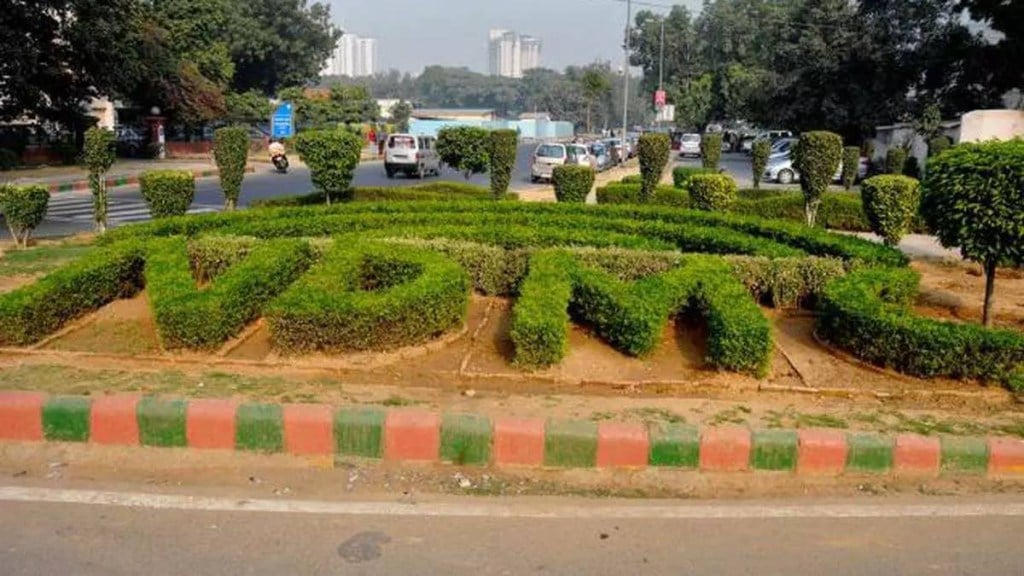New Delhi has secured the 7th position among India’s cleanest cities with a population exceeding 1 lakh, owing to a robust waste management system and the strategic integration of innovative technologies. Through strategic planning and proactive initiatives, NDMC continues to enhance the urban experience and uphold New Delhi’s status as a vibrant and dynamic global city.
Cleaner, greener and more livable urban spaces
Responsible for vital municipal functions such as waste management, sanitation, and infrastructure development, NDMC plays a crucial role in ensuring the well-being and quality of life for residents and visitors alike. With a focus on sustainable practices and innovative solutions, NDMC strives to create cleaner, greener, and more livable urban spaces.
Sustainable waste management
The New Delhi Municipal Council (NDMC) has taken proactive steps toward sustainable waste management by establishing six community Organic Waste Converters in residential areas. Through door-to-door initiatives, organic waste is collected and composted at these facilities. Furthermore, over 1,500 households have engaged in home composting following the distribution of composting bins during a survey.
Comprehensive guidelines have been provided to Bulk Waste Generators (BWGs) practicing on-site waste processing, fostering a greener and more environmentally conscious community.
Eliminating traditional dumping sites
The NDMC has significantly improved the resolution of Service Level Agreement (SLA) issues, successfully resolving 3,022 out of 3,270 registered complaints within the SLA timeline. The implementation of daily door-to-door collection has eliminated traditional dumping sites, repurposing them as efficient Roll Call centers for SafaiKarmis. Additionally, 36 GPS-enabled vehicles for Municipal Solid Waste (MSW) collection ensure a streamlined process.
The Integrated Command and Control Centre plays a pivotal role in monitoring vehicle movements and providing auto tipper routes and timings through the NDMC 311 App and website.
Efforts to ensure effective waste processing include diverting all waste away from landfill sites, utilising the Waste-to-Energy (WTE) Plant in Okhla to handle dry waste, and constructing six new Decentralized Material Recovery Facilities (MRFs). Liquid waste management is handled by 35 Sewage Treatment Plants (STPs), with the water reused for horticulture purposes and in fountains. Horticulture waste is composted at 120 compost pits, and all construction and demolition waste is processed at Shastri Park.
Single-use plastic management initiatives include processing plastic waste through recyclers, promoting cloth bags, and establishing ‘Wall of Kindness’ donation boxes.
Improving the functionality, accessibility, cleanliness, eco-friendliness, and safety of public toilets and facilities has been a key focus area, with efforts made to ensure well-lit environments and separate facilities for different genders and abilities.
The Waste to Wonder Park initiative and installation of sculptures made from scrap metal demonstrate NDMC’s commitment to transforming public spaces.
Looking ahead, NDMC aims to strengthen waste management mechanisms, address red spots, enhance plastic waste management, and ensure the safety of sanitation workers.

